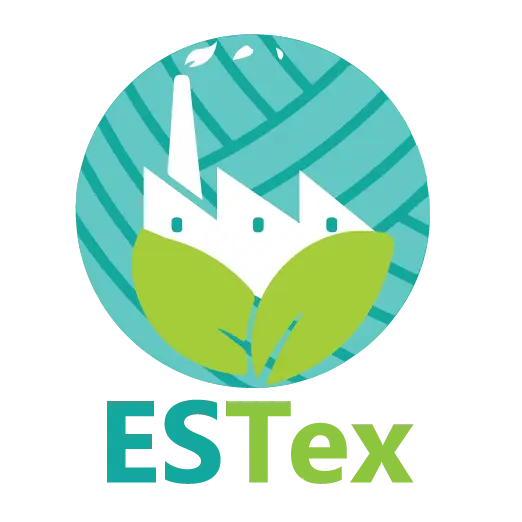Workshops, Seminars and Training on Chemical Safety, Management
The recent rise in chemical related accidents in the local textile industries indicates that there is an acute need for improved safety culture within chemical facilities and in management systems. Safety culture is an organizational feature that can be achieved through education/training, regulations and practice. The Department of Chemical Engineering, BUET has a reputation of promoting chemical safety and management in the local chemical process industries. The department is a pioneer and the only entity in the country that teaches chemical safety at both undergraduate and post-graduate levels, and conducts safety audits, GAP analyses and HAZOP studies, and additional research in relevant fields. The training programmes, workshops, and seminars on chemical safety and management organized by the department are of high quality and have high demand among the local and international participants. The department has established collaboration and linkages with local and international organizations working on chemical safety issues: Bangladesh Chemical Industries Corporation (BCIC), Process Safety Center of Texas A & M University, Organization for the Prohibition of Chemical Weapons (OPCW), and has so far trained more than 350 personnel from various industries on chemical and process safety.
The Department of Chemical Engineering, BUET can take the lead in chemical safety stewardship, and arrange seminars, workshops, and training for local industries (management and operators), chemical manufacturers, and suppliers. These events will be designed to cover fundamentals of chemical safety and management, key features of Responsible Care in Chemical Sector and ZDHC, Occupational Health and Safety (OH&S). It is to be noted that in August 2017, the department organized an international seminar titled ‘Chemical Safety and Management: Bangladesh Perspective’.
 In addition, two (2) chemical and safety audits will be performed under this activity. Chemical and safety audit is rather a new concept for the textile sector; these audits will help in forming an idea of the chemical safety conditions in the industries (2), and in developing the protocols and methodologies required for conduction of chemical and safety safety audits in textile industries, setting the stage for future phases of this grant.
In addition, two (2) chemical and safety audits will be performed under this activity. Chemical and safety audit is rather a new concept for the textile sector; these audits will help in forming an idea of the chemical safety conditions in the industries (2), and in developing the protocols and methodologies required for conduction of chemical and safety safety audits in textile industries, setting the stage for future phases of this grant.
The training will empower the local industries by providing them with technical support to achieve environmentally sound management of chemicals, and will help industries in the adoption of clean and environment-friendly chemicals. Hence, Activity 2 will help achieving SDG 12.4.
